The ‘diplomat monarch’: will King’s coronation revitalise British soft power?
Supporters say Charles is foreign relations asset but others question whether the newly crowned monarch can boost the UK’s influence
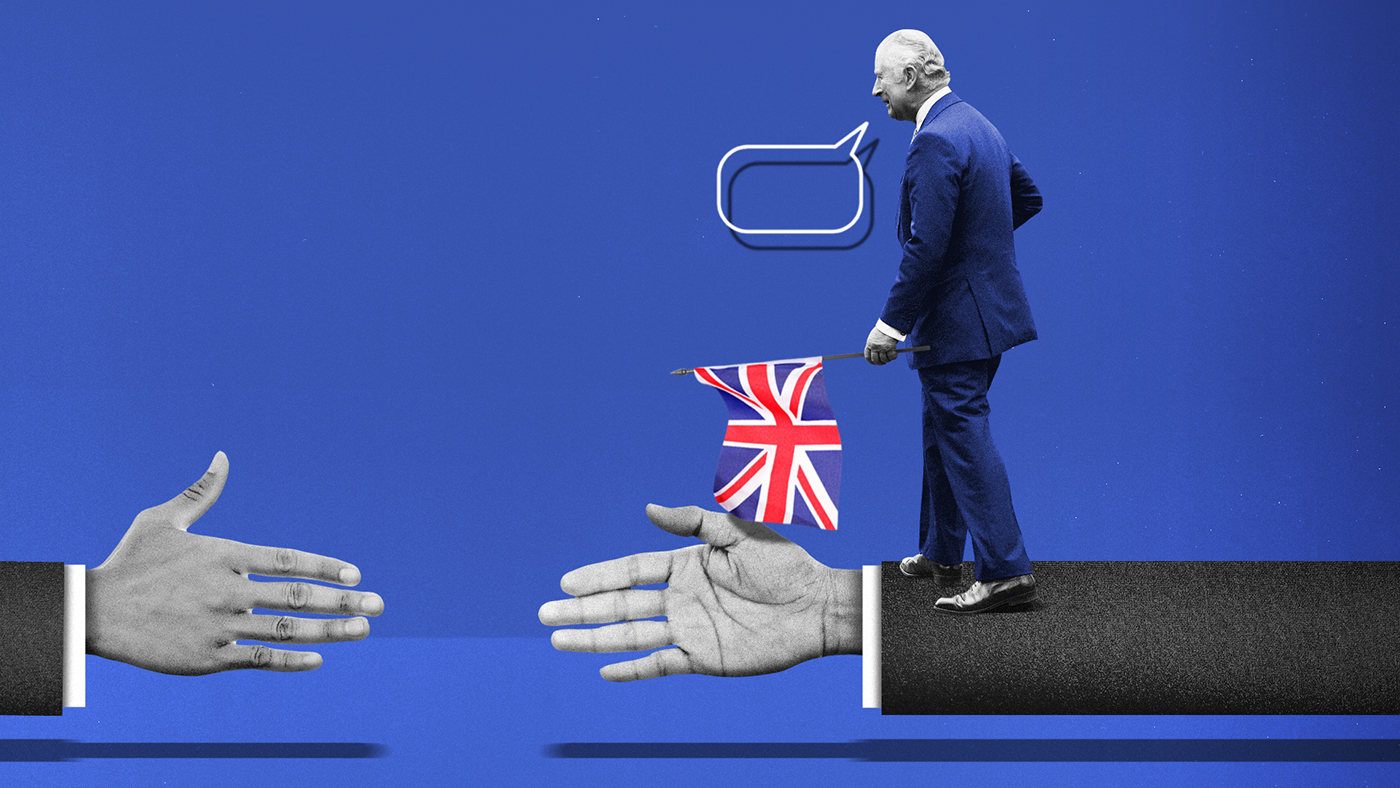
A free daily email with the biggest news stories of the day – and the best features from TheWeek.com
You are now subscribed
Your newsletter sign-up was successful
The coronation is an event of huge significance for Britain’s history and economy, but also raises questions about whether the new monarch will bolster the nation’s soft power on the global stage.
Previous royals used the “pomp and pageantry” to elevate themselves “into the sphere of the sacred”, emphasise their status as national symbols and celebrate imperalism, wrote historian Alice Hunt for HistoryExtra.
This weekend’s coronation of King Charles III, said Historic England chair Laurie Magnus, “will demonstrate once again the extraordinary resonance and interest which the British monarchy can command across the world”. Yet despite “this great vindication of the soft power of both monarchy and heritage”, he wrote for PoliticsHome, “there continues to be a refusal in some quarters” to accept them as a valuable asset.
The Week
Escape your echo chamber. Get the facts behind the news, plus analysis from multiple perspectives.

Sign up for The Week's Free Newsletters
From our morning news briefing to a weekly Good News Newsletter, get the best of The Week delivered directly to your inbox.
From our morning news briefing to a weekly Good News Newsletter, get the best of The Week delivered directly to your inbox.
What did the papers say?
The long list of foreign royals and EU leaders attending Saturday’s coronation “signifies a new era of the soft power of the British monarchy”, said the i news site’s policy editor Jane Merrick.
That Michelle O’Neill, vice-president of Sinn Fein and first minister designate of Northern Ireland, has accepted an invitation is “a hugely significant step” that testifies to the King’s role as a diplomat. A “friend of the monarch” told Merrick that Charles’s recent visit to Germany “healed a lot of wounds” following years of strained UK-EU relations in the wake of the 2016 referendum.
The visit showed that Charles is “a huge asset”, the insider added.
The King’s passion for environmentalism and friendship with Ukraine’s President Volodymyr Zelenskyy. could also help Rishi Sunak achieve his diplomatic goals, according to Merrick.
A free daily email with the biggest news stories of the day – and the best features from TheWeek.com
But Britain appears to have less influence now than it did during the reign of Queen Elizabeth II, said HuffPost UK. The death of the popular monarch, along with Brexit and domestic political turmoil, has “affected the UK’s role on the world stage”, raising questions about how the King will navigate “the challenges ahead”.
Charles “is inevitably going to be a much smaller figure on the world stage”, David Edgerton, a professor of history at King’s College London, told the site.
That may not be a bad thing, argued Adam Ramsay, author of 42 Reasons to Support Scottish Independence, on openDemocracy. Such soft power can “bend how millions see the world”, but not necessarily for the better. Ruling classes use ritual to “manage our moods, to encourage us to accept social hierarchies”, but genetically inherited wealth and power is “anti-egalitarian” and has “nasty racial implications”.
The coronation is ultimately a celebration of British ruling classes and might, “a glorification of our failing system”, wrote Ramsay.
What next?
The coronation “could help give an instant lift to sentiment and spending” in an economy “beset by strikes, stubbornly high inflation and falling living standards”, said CNN Business’s London-based analyst Hanna Ziady.
Retail sales are likely to rise, with a wealth of commemorative knicknacks on offer, and supermarkets expect high spending for the thousands of street parties planned to celebrate Charles’s crowning.
The coronation will also “deliver a crucial boost to the UK hospitality sector”, wrote Ziady. A recent VisitEngland survey found that millions of Brits were planning domestic breaks during the upcoming bank holiday, injecting an estimated £1.2bn into the economy.
However, the “loss of output” resulting from the extra public holiday on Monday “will diminish the overall benefit to the economy”, added Ziady. The bank holiday for the late Queen’s funeral in September 2022 contributed to a 0.6% decrease in UK GDP, according to the Office for National Statistics.
That the coronation is also taking place amid an “unprecendented constitutional questioning” in the UK could make this “an important propaganda moment for unionists”, said Ramsay on openDemocracy.
The purpose of rituals like the coronation is to foster “a sense of national ‘us’” and to associate monarchy with enjoyable, shared conviviality. Our acceptance of this narrative is also “a key reason why England’s Left keeps losing”, he argued. By fusing “hereditary power” with “friendliness”, our hearts will be “bumped to the right”.
Growing Republican sentiment at home and in the Commonwealth “could pose a challenge” to the King, said HuffPost, and “contribute to the perception that the monarchy is losing relevance”.
And questions about how the monarchy should confront its historic role in colonialism and the slave trade increase the pressure on Charles to wow the world.
Harriet Marsden is a senior staff writer and podcast panellist for The Week, covering world news and writing the weekly Global Digest newsletter. Before joining the site in 2023, she was a freelance journalist for seven years, working for The Guardian, The Times and The Independent among others, and regularly appearing on radio shows. In 2021, she was awarded the “journalist-at-large” fellowship by the Local Trust charity, and spent a year travelling independently to some of England’s most deprived areas to write about community activism. She has a master’s in international journalism from City University, and has also worked in Bolivia, Colombia and Spain.
-
 The Week Unwrapped: Do the Freemasons have too much sway in the police force?
The Week Unwrapped: Do the Freemasons have too much sway in the police force?Podcast Plus, what does the growing popularity of prediction markets mean for the future? And why are UK film and TV workers struggling?
-
 Properties of the week: pretty thatched cottages
Properties of the week: pretty thatched cottagesThe Week Recommends Featuring homes in West Sussex, Dorset and Suffolk
-
 The week’s best photos
The week’s best photosIn Pictures An explosive meal, a carnival of joy, and more
-
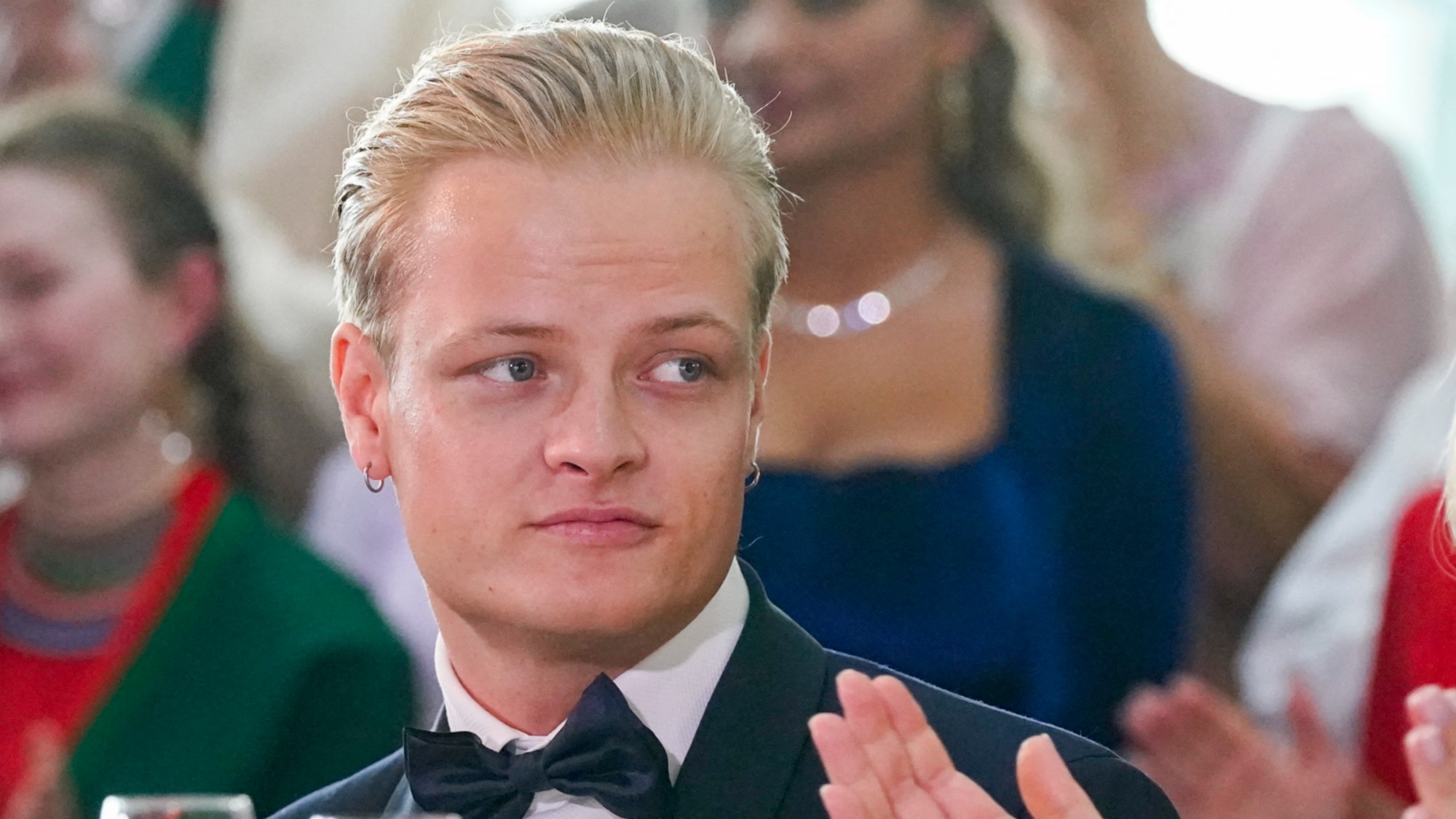 Norway’s scandal-hit royals
Norway’s scandal-hit royalsIn the Spotlight Rape trial of Marius Borg Høiby, son of the crown princess, adds to royal family's ‘already considerable woes’
-
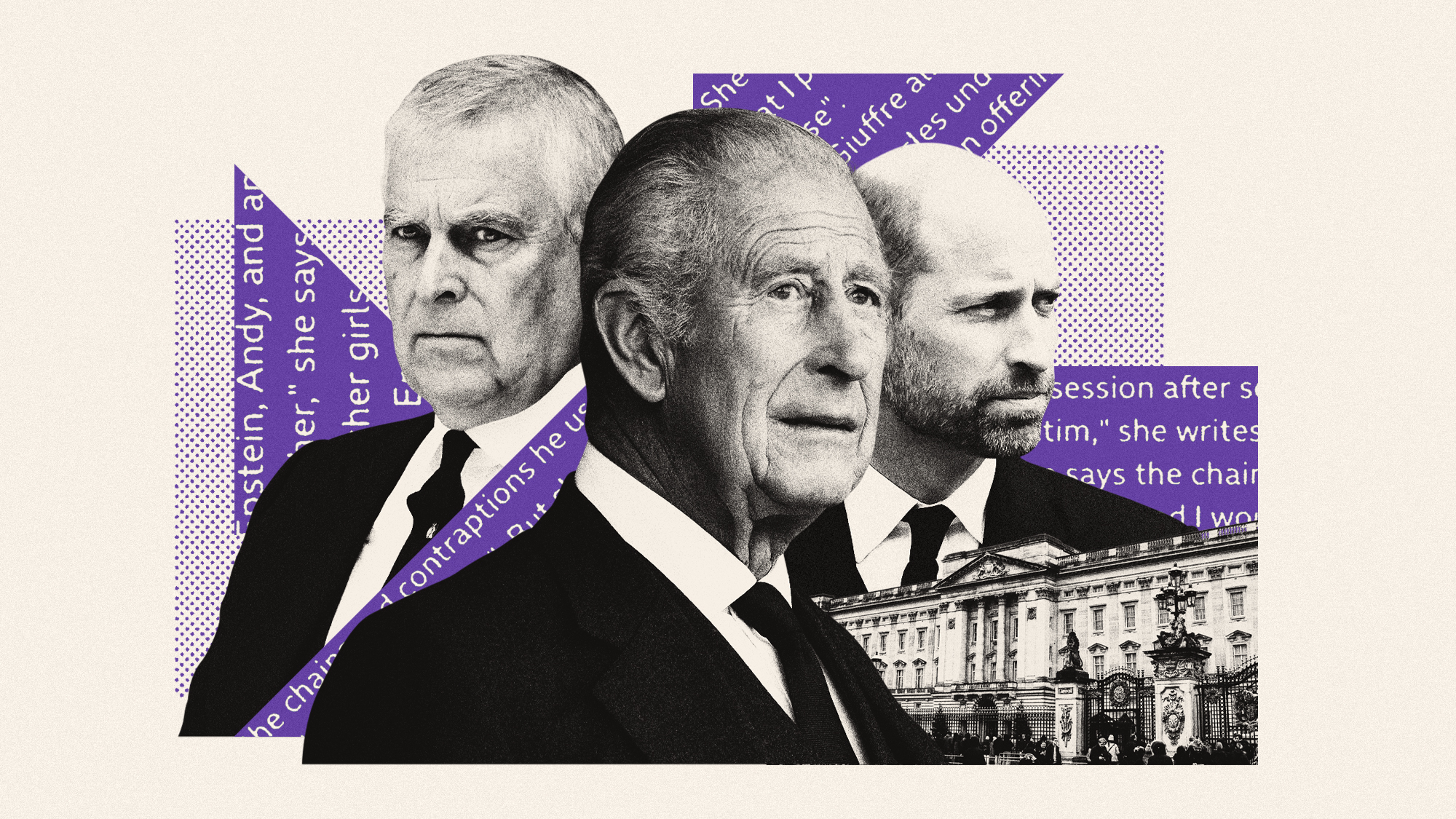 Prince Andrew: is the royal family doing enough?
Prince Andrew: is the royal family doing enough?Today’s Big Question King Charles faces calls for tougher action against Andrew after latest allegations about Virginia Giuffre and Jeffrey Epstein
-
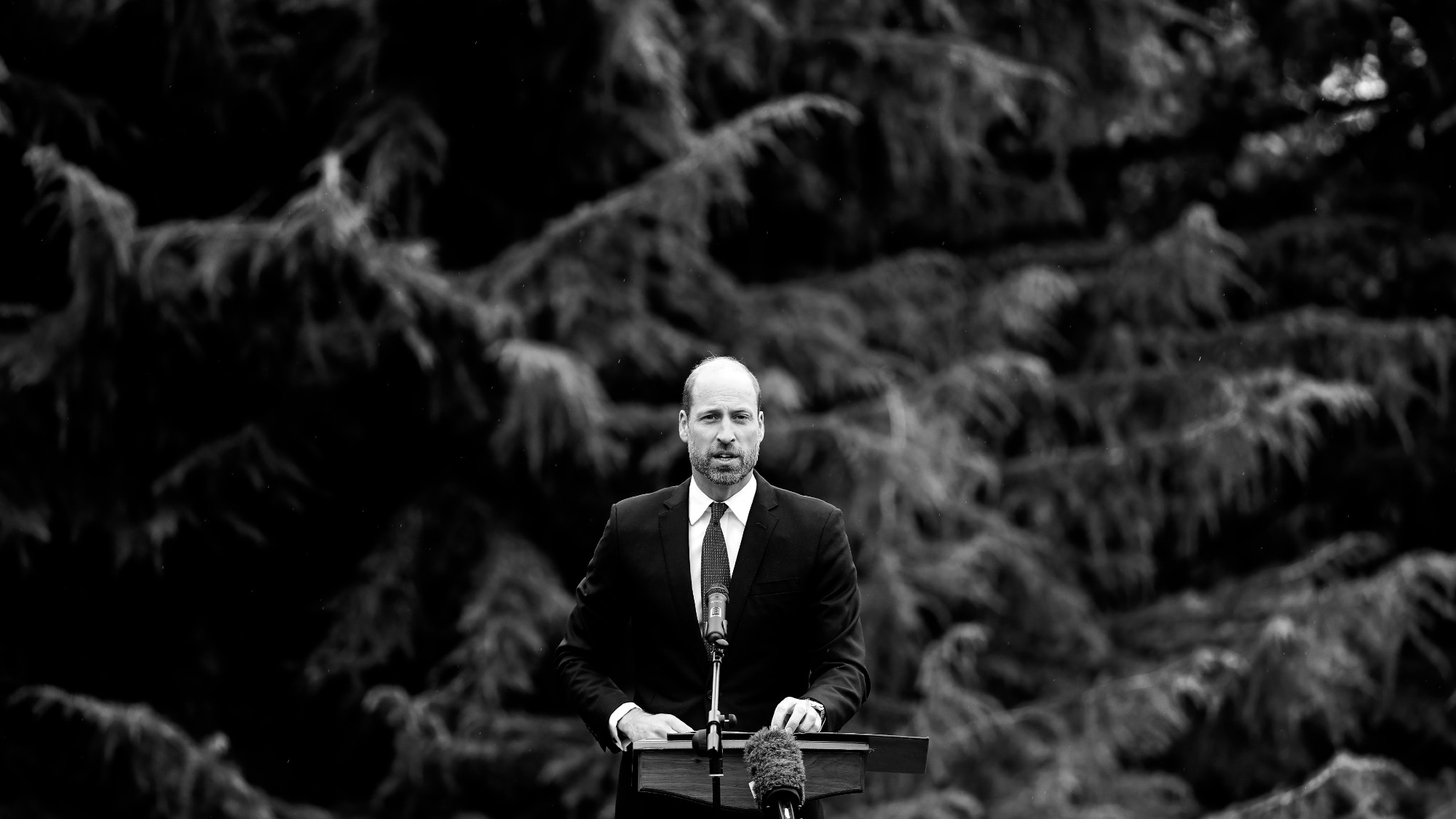 What will William be like as king?
What will William be like as king?Today's Big Question Prince of Wales said he won’t be ‘restricted’ by history when he takes the throne
-
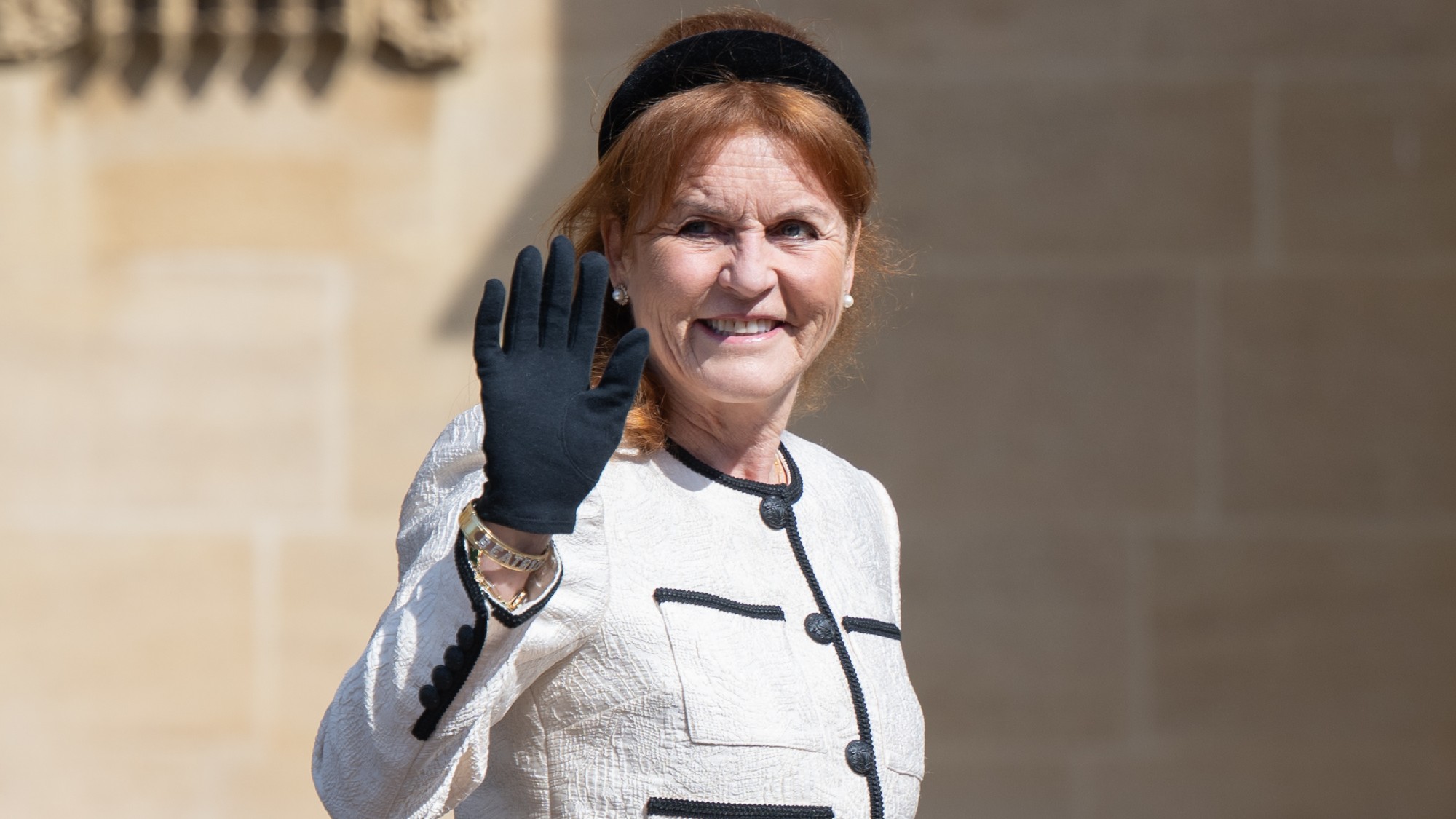 Sarah Ferguson: a reputation in tatters
Sarah Ferguson: a reputation in tattersIn the Spotlight After emails surfaced revealing ties to Jeffrey Epstein, weeks after she claimed to cut contact, her charities are running for the hills
-
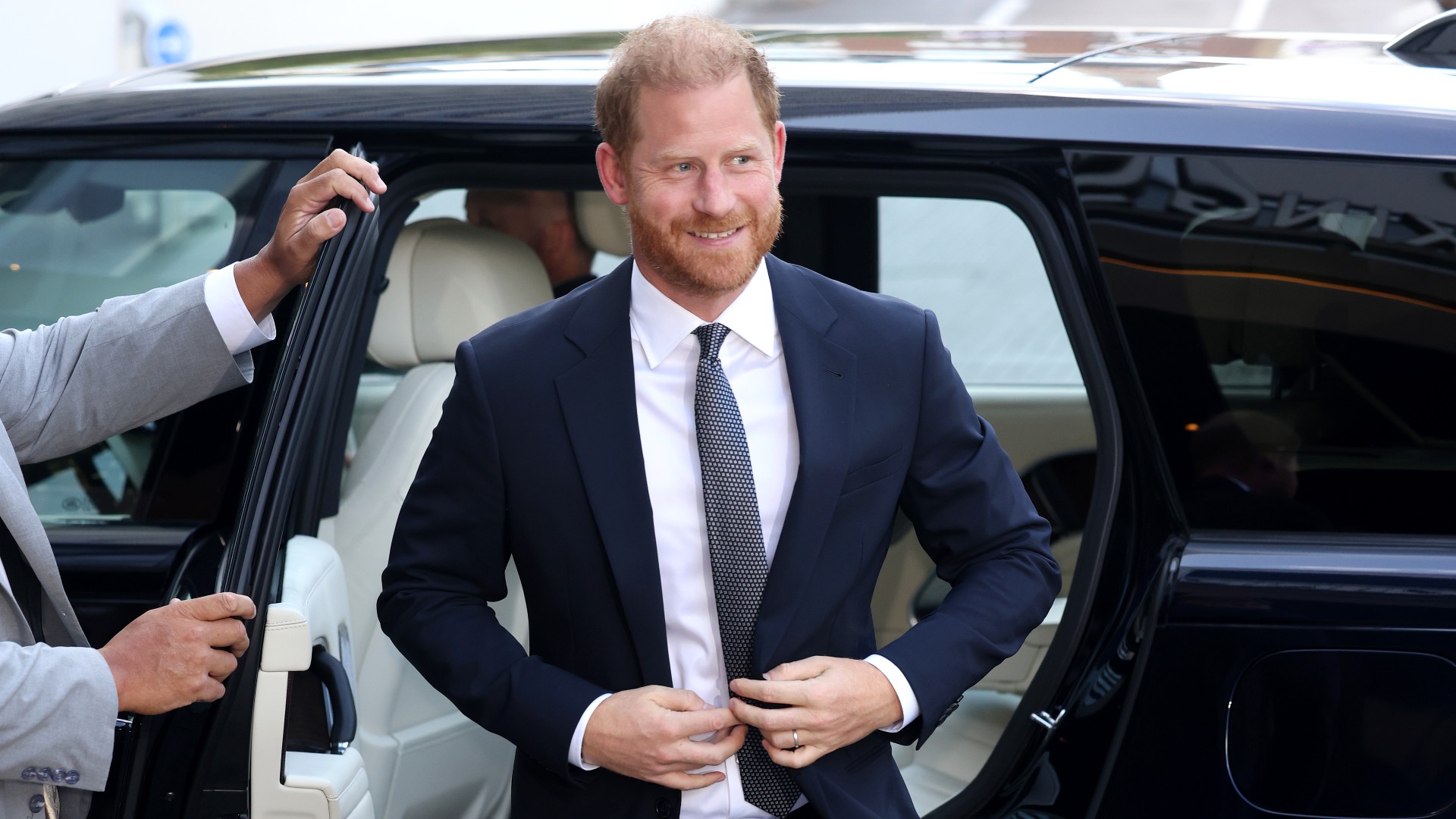 Prince charming: Harry’s tea with King sparks royal reconciliation rumours
Prince charming: Harry’s tea with King sparks royal reconciliation rumoursTalking Point Are the royals – and the UK public – ready to welcome the Duke of Sussex back in?
-
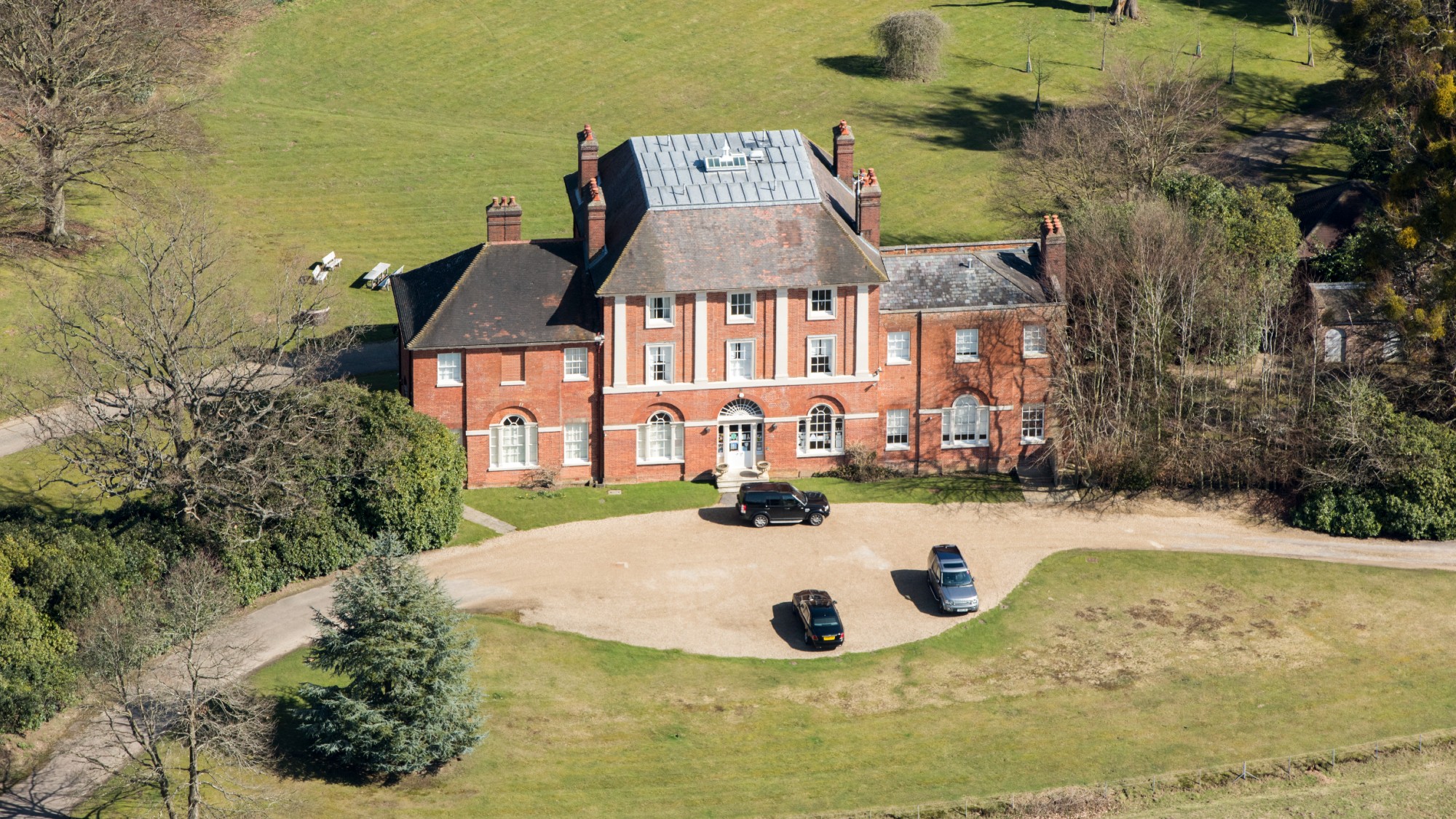 Forest Lodge: William and Kate's new home breaks with royal tradition
Forest Lodge: William and Kate's new home breaks with royal traditionIn the Spotlight Wales' said to hope move to 'forever home' in Windsor Great Park will 'leave unhappy memories behind'
-
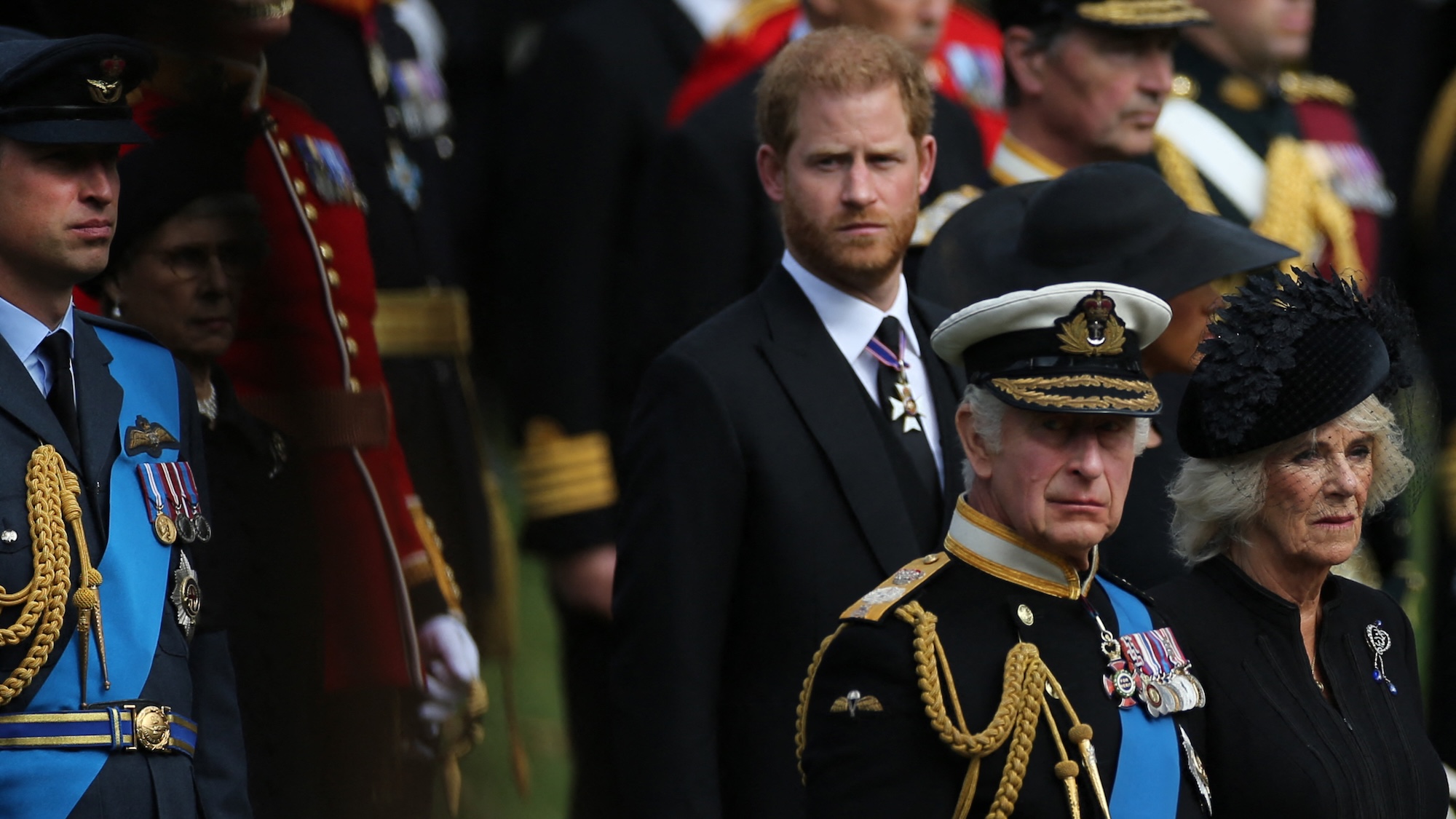 King Charles and Prince Harry: peace in our time?
King Charles and Prince Harry: peace in our time?Talking Point Leaked images of a secret meeting between royal aides suggest a dialogue is beginning to open up
-
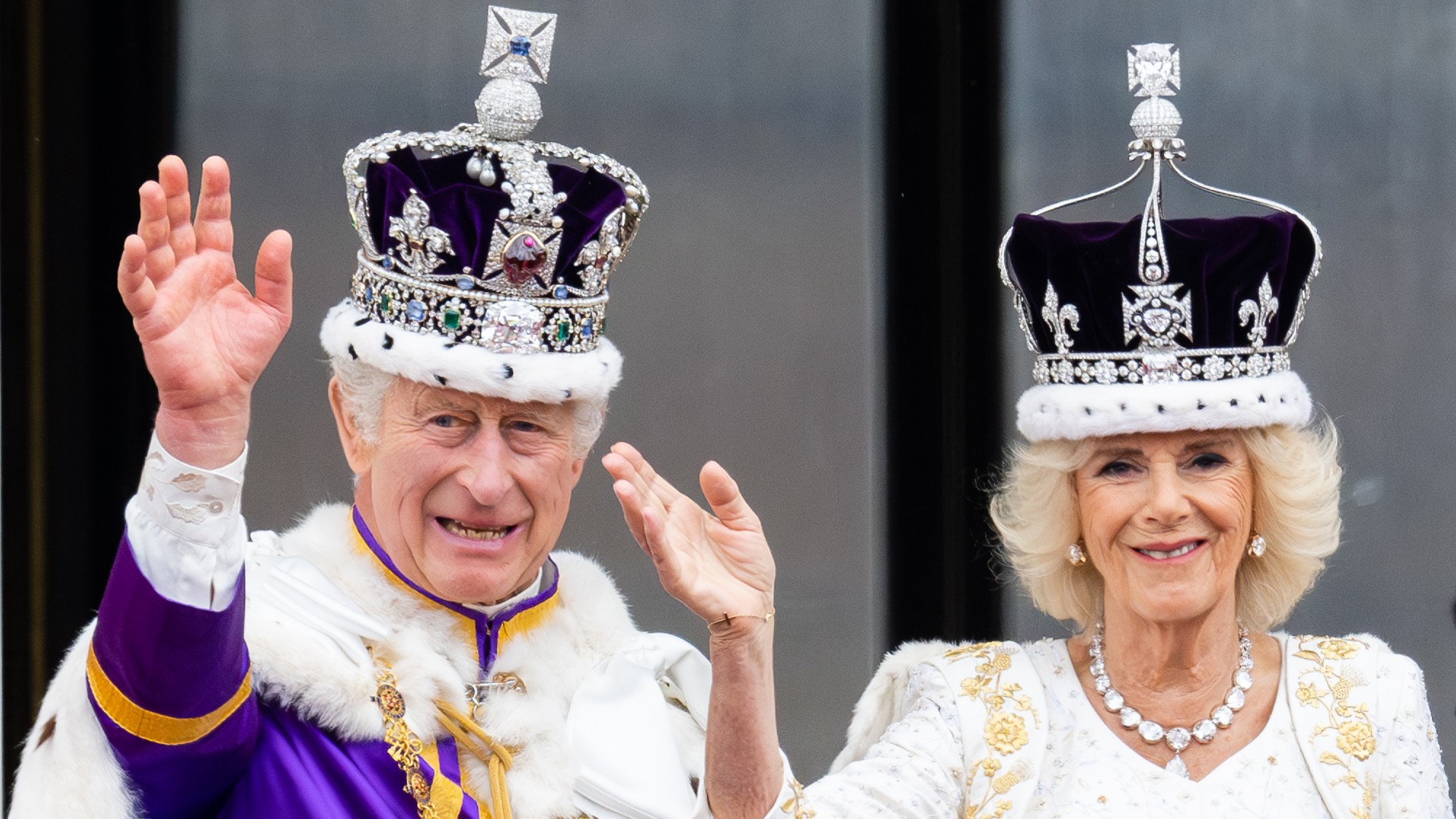 King Charles and the Sovereign Grant: how UK taxpayers fund the monarchy
King Charles and the Sovereign Grant: how UK taxpayers fund the monarchyThe Explainer Royals received £86.3m from government last year – and they are in line for a 50% increase